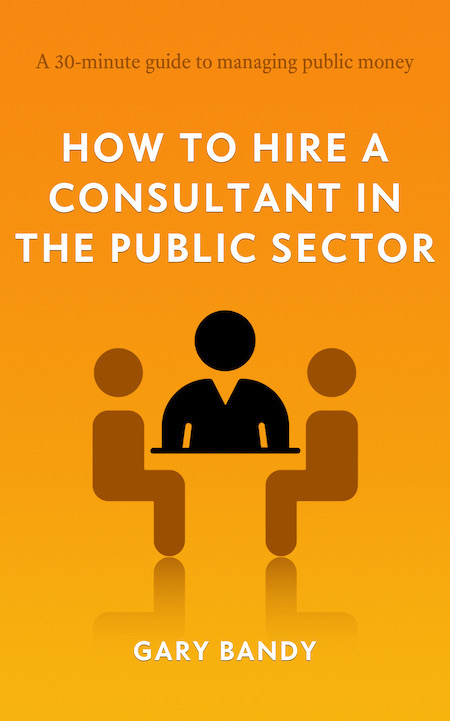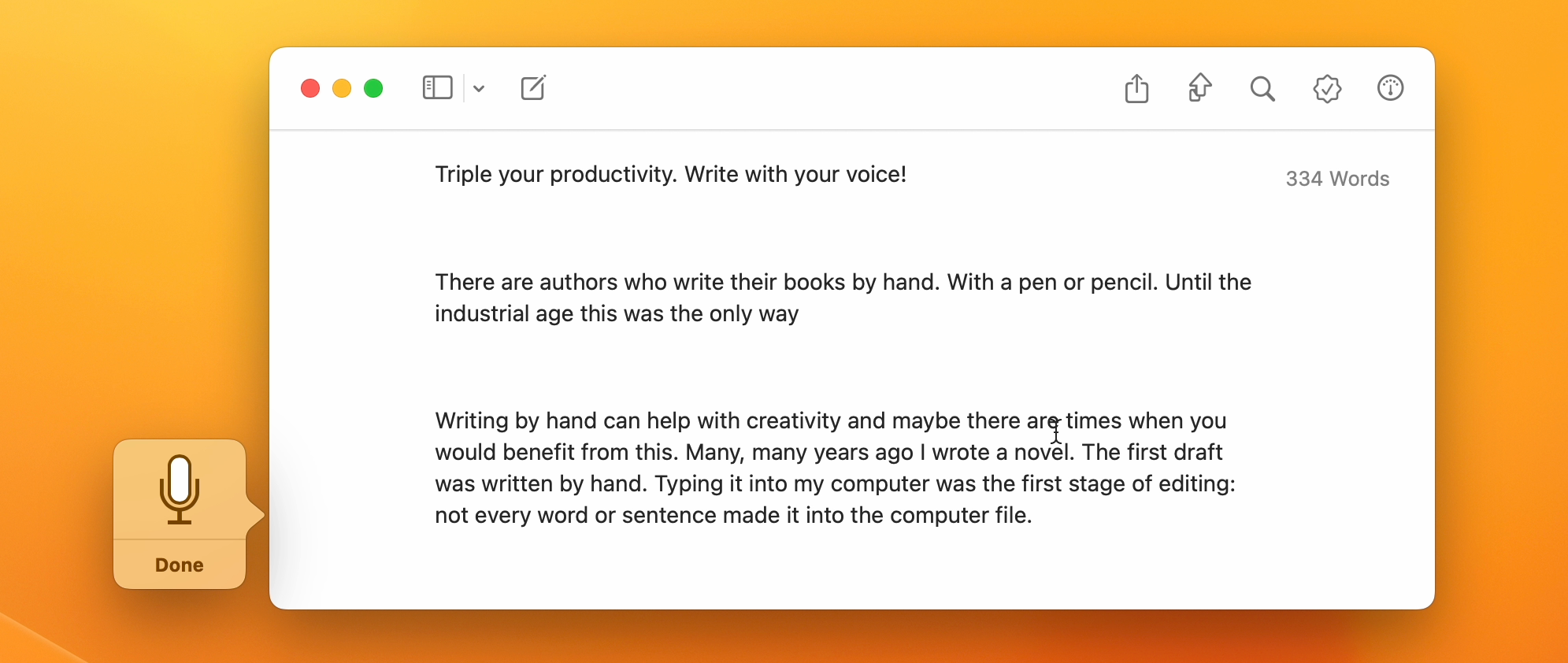Blog
Get a free e-book!
A reviewer of Financial Management and Accounting in the Public Sector wrote:
“Gary Bandy has the ability of making complicated topics simple.”
If you work in the public sector you can see some of my writing for yourself by downloading a free copy of the e-book I wrote about public procurement a few years ago.
It’s a short book. It uses the example of hiring a consultant to explain the stages in procurement.
If you are looking to level up your knowledge about procurement then get my e-book for free from here.

Kwibuka29
Today I went to the Kigali Genocide Memorial. I thought it was important to find the time to go.
I think the news coverage of the genocide in April 1994 was the first time I was aware of Rwanda as a country. A million people died in 100 days. It was shocking at the time, and today, the toughest part of the memorial, is the children’s room, with photographs of infants who never reached school age.
And now, 29 years later (kwibuka in the photo means remember), Rwanda is, it seems to me, a peaceful, thriving country.
I’m almost 60 years old. I have learned that things can change faster than you expect. In my teens, in the early 1980s, South Africa was an international pariah because of its apartheid policies. I was one of the many to boycott South African apples and wine and Barclays Bank. If you’d asked me then about going to South Africe I would have said I would never go.
Things changed in 1989. By 1997 I was working on a project in Pretoria and I’ve been back to South Africa twice more since then. It’s probably best to never say never.
Instead we should celebrate the people who have the character to unify divided societies; people who can communicate an inclusive vision and then realise it.

Today is Umuganda Day
The last Saturday of each month is Umuganda Day in Rwanda. This is the day that everyone — including tourists and expatriates — is encouraged to spend a few hours doing community work.

The taxi driver, Dieudonne, told me that the roads were quiet of traffic this morning as a result. There were some cars and cycles and mopeds but not many for a capital city. And no trucks.
As my taxi brought me into the city I saw lots of people sweeping paths and picking litter. Some had high-visibility vests on. Dieudonne told me that they were worn by the people who organise the work.
There were also a lot of police officers at road junctions who signalled for random vehicles to stop. They were asking the drivers to explain why they were travelling instead of doing some community work. My taxi was stopped four times in a journey of less than 10km. The police accepted that the driver could take me to my hotel. I’m not sure what happened to Dieudonne after he left me at the hotel and no longer had a passenger in his taxi.
In its current form Umuganda has been a part of life in Rwanda for 25 years. It seems that Kigali, a city of over a million people, has clean and tidy streets. I can think of many cities I’ve visited that could use 3 hours a month from every citizen to clean things up but it would be such a difficult policy to introduce. Citizens would have to be persuaded that there would be benefits for them to compensate for the government taking three (or fours) hours from them every month.
Taxes work in a similar way, with an unspoken social contract underlying them. As President Frankin D Roosevelt put it:
“Taxes, after all, are the due that we pay for the privileges of membership of an organized society.”
Everyone knows that there are taxes to be paid and, on the whole, people and businesses pay them. But we all know that there are rich people and businesses who pay professional advisers to help them avoid taxes; and there are people of all levels of wealth who simply don’t pay. Implementing an Umuganda-type of scheme is likely to be met with similar avoidance and evasion responses.
I always wanted to be a writer.
It’s one reason I quit being a finance director at the age of 40.
I worked in public finance jobs for 19 years and writing was my favourite part of the work. In my 20s I had jobs in accounting, internal and external auditing and I wrote quite a lot of reports. As I was prompted to more senior roles I would write less and less.
Management jobs are more about reviewing and approving other people’s writing than writing anything yourself. I hated that. I was frustrated partly by my lack of a creative outlet and partly, if I am honest, that what my colleagues wrote was not what I would write. It is this experience that underpins my constant posting on LinkedIn about the need for accountants and auditors to improve their writingskills.
I found other ways to write. I took a master’s degree in 2002 to 2005 and that gave me the chance to write essays and I enjoyed doing them very much.
Then, in 2005-6 I wrote a novel. A complete novel. It was set in local government and was called Power, Corruption and Lies. I sent it to about 25 publishers without any success.
Instead, I wrote a pitch for a public financial management textbook in 2009 and that led to Financial Management and Accounting in the Public Sector being published in 2011, and its 3rd edition was published in March 2023.
My career since 2005 has involved a lot more writing than if I carried on as a finance director. As well as my books, I’ve written reports, articles, contracts, training courses, and lots more. I must have written millions of words about money and, whilst I am still proud to be a CIPFA accountant, I now think of myself as a professional writer about public financial management.
Check your invisibles
After you’ve written a document in Word do you find the text does not look right? Are there unexpected line breaks or extra-wide spaces between some words?
The way to fix this is to show the invisible characters in your document. You do this by clicking the button that has a backwards P on it (the symbol is called a pilcrow).

Having switched it on you will see blue dots for each space character, and symbols showing the tabbed-spaces, line returns, paragraph breaks, page and section breaks and table cells. You can use this view to find what’s messing up the format of your document and put it right.
Triple your productivity. Write with your voice!

There are authors who write their books by hand. With a pen or pencil. Until the industrial age this was the only way
Writing by hand can help with creativity and maybe there are times when you would benefit from this. Many, many years ago I wrote a novel. The first draft was written by hand. Typing it into my computer was the first stage of editing: not every word or sentence made it into the computer file.
Realistically, though, when it comes to work communications we write at a keyboard. We’ve learned to type — perhaps not as fast as a typist but faster than we could write by hand. But why?
We can speak faster than we can write or type. Computers and smart phones now come with the built-in ability to transcribe our voices to text. Using it will get the first draft of a document written much more quickly. You can probably type 40-50 words per minute. Speech recognition software can do 150 words per minute. That report that took you 30 minutes to type could have been done in 10. You can work through your email inbox in a third of the time.
At first you will make mistakes and so will your device but both you and the machine will learn. When I correct spellings on my phone the software seems to learn the word and get it right. The latest version of Apple’s software puts in punctuation without me having to tell it.
I’ve found that it is best to keep going even if you can see the transcribed text is wrong. Sometimes the device will correct the text after a few more words because it can work out the context and make a better guess at what you said.
What are you waiting for? Get writing with your voice. I recommend you on your start small with text messages and short emails and build up to longer documents.